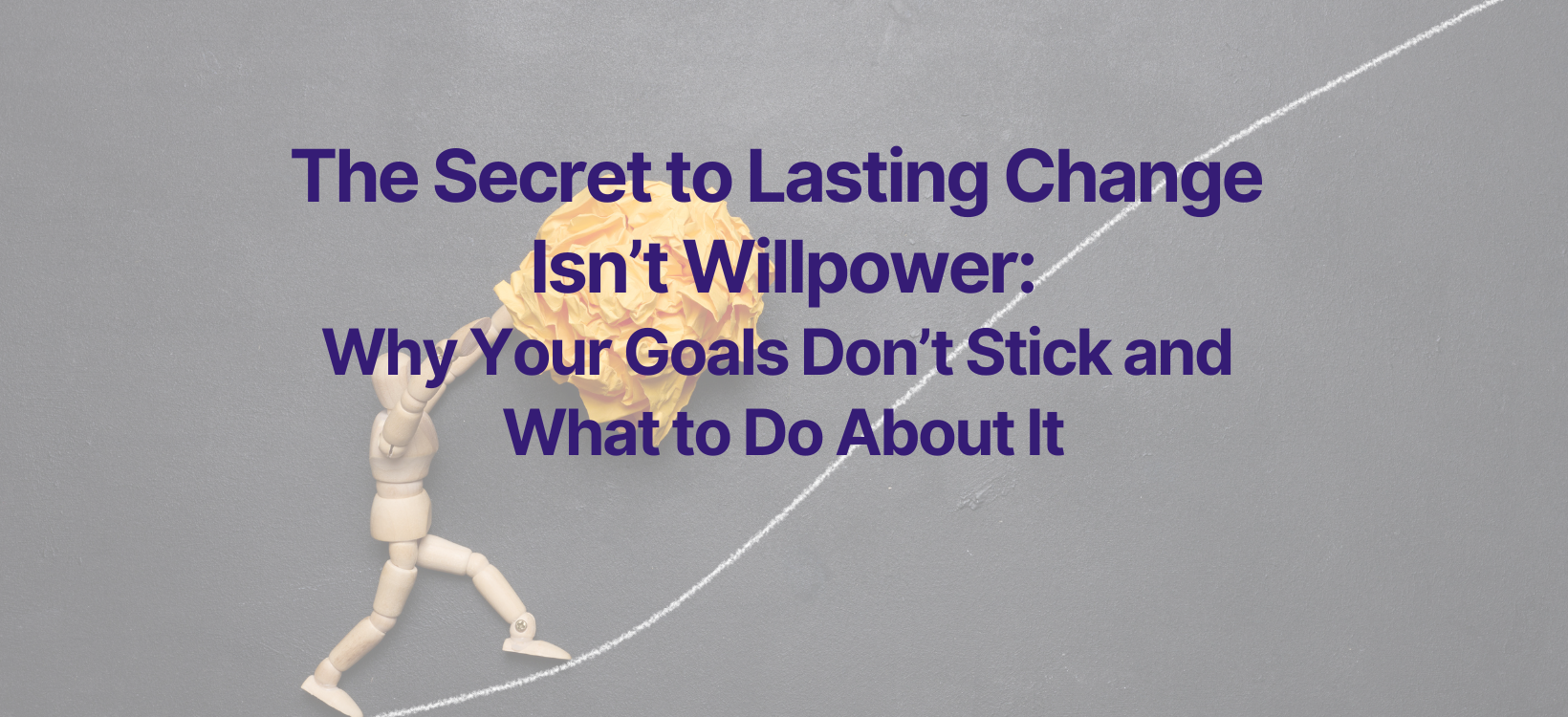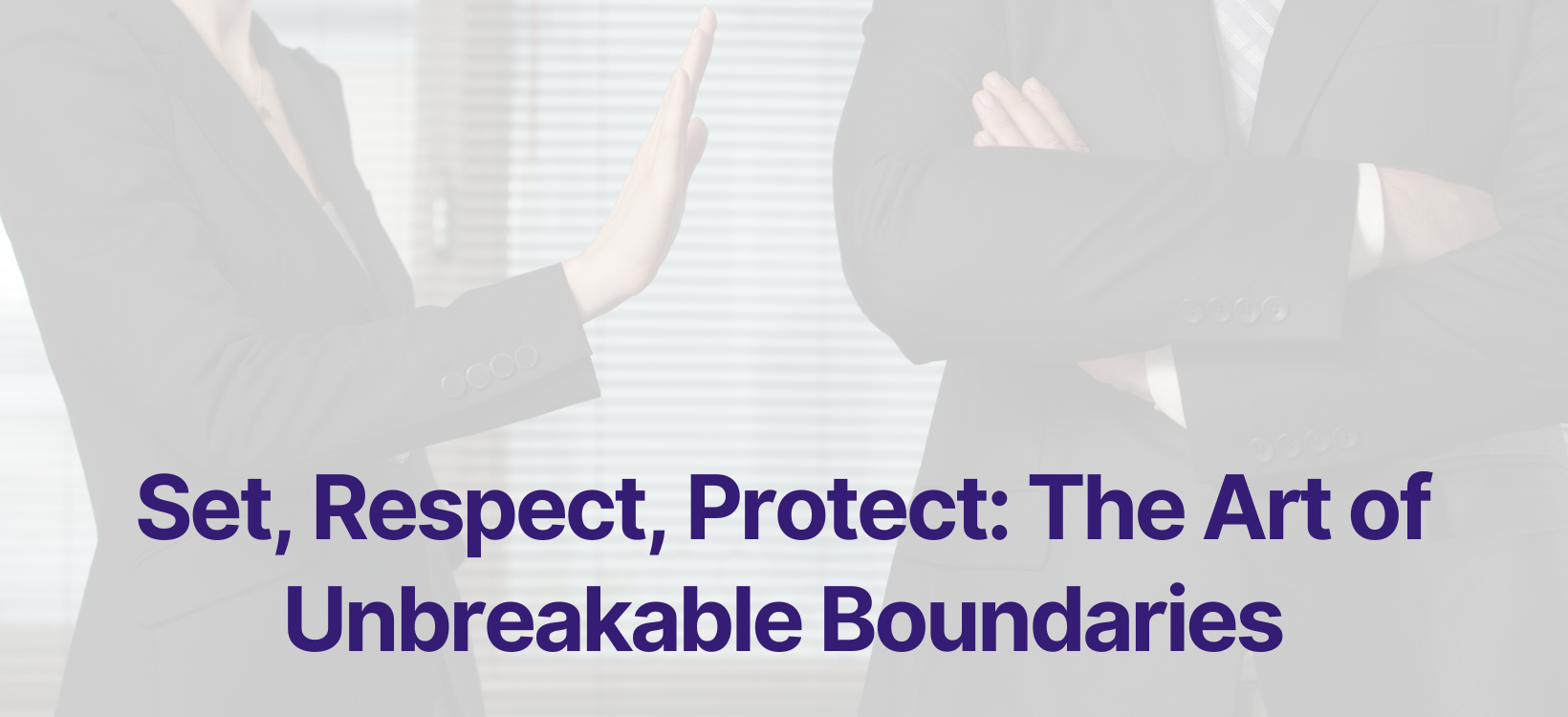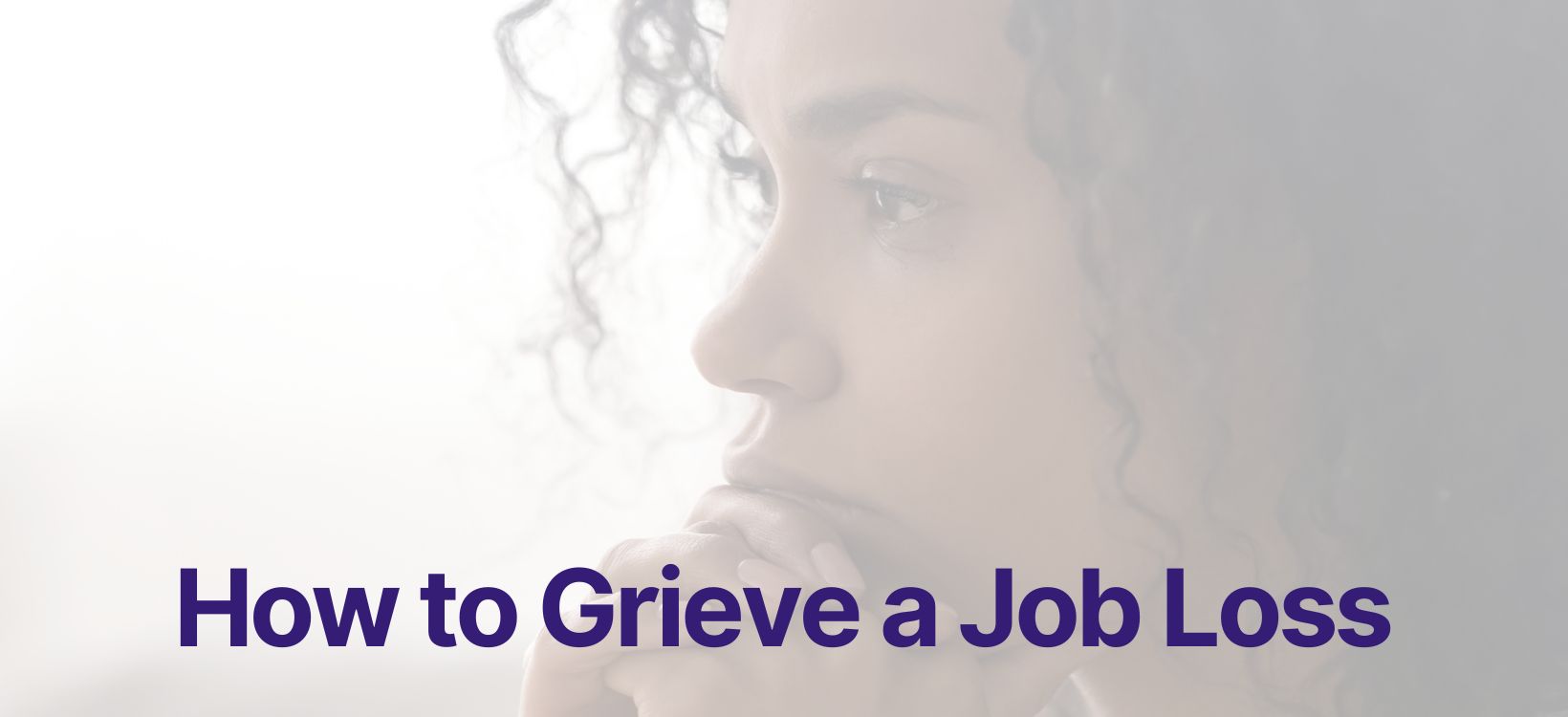
Rewire Your Identity: Stop Forcing It and Start Living It
Shifting your identity can seem like a big undertaking but it starts with taking practical steps to make an identity shift that actually sticks. Instead of forcing yourself to act differently, start by identifying the beliefs that hold you back and reframing them. Adopt the identity you want by visualizing your future self and taking small, aligned actions. Expect resistance as part of the process, and reframe common fears about change. Real transformation happens when your actions align with your new self-concept.
Continue reading
The Secret to Lasting Change Isn’t Willpower
The secret to lasting change isn’t about forcing yourself to act differently. It’s about reinventing your identity. Your identity shapes your actions and habits, and when your self-concept doesn’t align with your goals, change becomes almost impossible. Your brain believes what you repeatedly tell it—whether it’s true or not. If you keep saying, “I’m just not good at this” or “I always procrastinate,” your brain takes it as fact and looks for ways to prove it right.
Continue reading
Let’s Talk About Your Ideal Life
Feeling stuck, unfulfilled, or unsure what’s next? Learn how to reconnect with your vision for your life—even if you’re not sure what you want yet. You’ll learn why getting clear on your ideal life matters, how to start imagining what’s possible, and how small shifts in focus can help you move from feeling meh about your life to living with purpose and joy.
Continue reading
Set, Respect, Protect: The Art of Unbreakable Boundaries
Many people – women in particular – struggle with setting boundaries. Boundaries can be particularly challenging to maintain if you tend to be a people-pleaser. Setting boundaries is crucial for your well-being and making time for what’s most important to you. Learn 7 tips to set, respect, and protect your boundaries.
Continue reading
How to Navigate Your Spouse or Partner’s Job Loss
What can you do if someone you care for has lost their job? Job loss takes its toll on the person who lost their job, impacting them financially, emotionally, and mentally. It can cause stress, anxiety, or depression. It can cause loss of identity, self-esteem, and self-worth. It can also affect their relationships with their spouse, partner, or family, who may experience stress and anxiety as they worry about the individual and the future. It can lead to changes in family roles and responsibilities, which might cause resentment or frustration among family members. Children may sense the stress, leading to emotional or behavioral issues. Financial constraints may impact their education, extracurricular activities, and general well-being. Read for tips on how to navigate your spouse, partner, or friend's job loss, and how you can support them.
Continue reading
How to Grieve a Job Loss
Are you grieving the loss of your job? I’ve talked to a lot of people recently who are going through career transitions. They’ve been laid off, or they’re not as fulfilled by their career as they once were. If this is you, I want to share some advice I’ve been sharing with clients. Anytime you go through a transition in life, your identity will shift. When you lose or leave a job, change careers, or experience any major life change, it’s natural to re-examine where you are, where you're going, and what you want in life. For those who’ve lost or left their job, especially for those who identify with their career or even define themselves by their career, it can be a huge loss. Here are specific strategies to assist you if you’re grieving the loss of your job, to help you figure out your next steps.
Continue reading
Sign up to get an email when there's a new blog post.
Thank you for subscribing!
Have a great day!